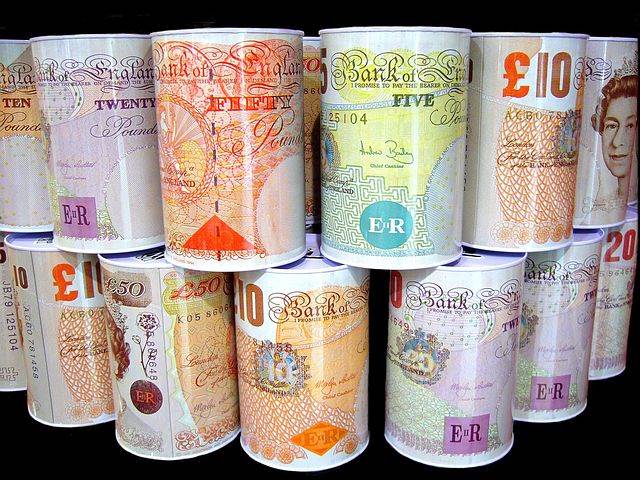 The latest meeting of the Monetary Policy Committee (MPC) of the Bank of England has decided to keep its powder dry and leave the interest rate where it has been since August of 2018 at 0.75%. The MPC vote was unanimous amongst the 9 members of the committee.
The latest meeting of the Monetary Policy Committee (MPC) of the Bank of England has decided to keep its powder dry and leave the interest rate where it has been since August of 2018 at 0.75%. The MPC vote was unanimous amongst the 9 members of the committee.
If you look at the exchange rate between the Euro and Sterling, it is clear that forex investors are adopting a more Bearish posture against Sterling. The value of Sterling against the Euro has fallen from 1.1763 € in early May to a low of 1.150 € this month (18/6/19). The currency has rallied marginally in trading today and stands at 1.1209 €, but it has shed 0.056 € since May. The value of the Euro has been rising against the Dollar recently. Over the same period, it has come of a low of 1.1121 $ to hit a peak of 1.4094 $ and is currently trading just off the high at 1.1387 $. However, the anxiety of forex investors can be seen by examining the Eur:CHF pair: during this period, the CHF has strengthened against the Euro from 1.14302 CHF to stand currently at 1.1106 CHF (despite apparent efforts by the Reserve Bank of Switzerland to weaken the currency).
What this means is that Sterling is already depreciating against other major currencies. This will have an inflationary effect on the purchase of imported goods and raw materials. The only way to arrest the fall of the currency will be to raise interest rates significantly – it is unlikely that investors would be charmed by a further 0.25% hike!
However, the Bank of England finds itself on the horns of a dilemma since it currently expects growth to be flat in Q2 rather than the 0.2% gain it had previously expected. It linked the downgrade in expected growth to the curtailing of stockpiling which some businesses had engaged in in the run-up to the original Brexit deadline and beyond when the May government still hoped to leave the EU before it had to participate in European elections. If economic output is static (or negative), the first line of attack of a central bank is to cut interest rates, making money cheaper in the hope of boosting investment.
Since nobody knows how Brexit will resolve (least of all Boris Johnson or Jeremy Hunt, the two contenders for PM), the Bank is unlikely to act decisively on interest rates in the near term. Stimulating the economy is likely to be the initial priority (a rate cut), but rates must rise to protect Sterling if the slide becomes too pronounced.
